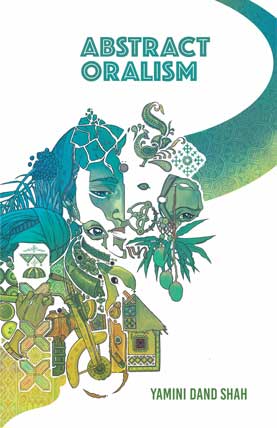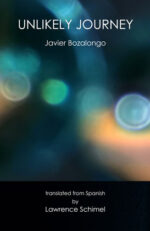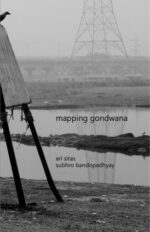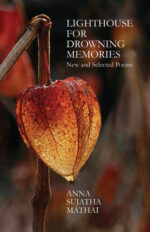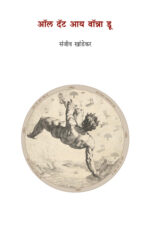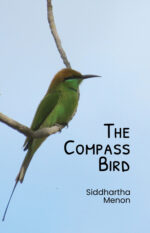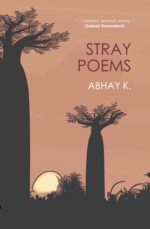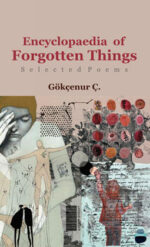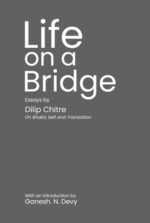About The BooK
Gökçenur Ç distils poetry from of the quotidian, revealing everyday objects, surroundings, and relationships in a new light, marvelling at the miracle of their poetic potential. This is perhaps because he lives the double life of someone whose “perfect routine of a married middle-aged engineer” couldn’t be further from the literary world he inhabits so fully and effortlessly as a poet, translator, festival organiser and initiator of many exchanges and poetry translation gatherings. All these roles are indispensable, and in his poems, he pays equal homage to the great poets he has translated, the poet friends of his generation some of whom have translated him, the woman he shares his life with — and language itself, often at odds with all the words that populate his universe. This long overdue English edition of his selected poems with a list of translation credits and acknowledgements not only makes his work available to a new readership, but also tells a story of deep affinities, friendships and collaborations that are the lifeblood of his creative practice.
– Alexandra Buchler, Director of LAF Literature Across Frontiers
“What a vigorous, deep thinking, and companionable voice is Gokcenur C.’s. He may be a new poet to us English speakers and readers, but he’s been active and well-respected in European circles, and especially in Turkish contemporary literature, for many years now. Encyclopedia of Forgotten Things offers us a big-hearted gathering of his rich narrative lyrics—poems of family, culture, and cities of “soaked neighborhoods,” poems of brilliant aphorisms (“Stones grow heavier where they stand”) and expansive attentions, poems of sorrow, eroticism, and a bountiful yearning for natural connections: “If could speak urdu / I would teach urdu to the rain….” The clarity of Gokcenur C.’s poetic idiom is especially striking—intimate, friendly, and possessed of an intense depth of passion, personal intelligence, and social engagement. It’s a poetry elixir made of measurement, music, and that intangible ingredient, soulfulness. Add paradox, his primary tool, and you have Gokcenur C.’s deepest delightful secret in Encyclopedia of Forgotten Things. If something is forgotten, how can it be catalogued for our reference, our pleasure? Maybe that’s been poetry’s magic, all along.”
– David Baker, Poet, Editor Kenyon Review
The poetry of Gökçenur Ç is vibrantly alive and teeming with images, full of the details and patterns of everyday life while alert to the larger forces that shape it. It is ‘world’ poetry in that it engages as eloquently with the textures of locality as it does the global communities of writers and translators with which it is in dialogue. A quiet pulse of humour runs though this fine selection in which the universe is animated, made strange, and returned to us full of meaning in ‘the scribble of the space’.
– Zoë Skoulding, Poet, Professor of Poetry and Creative Writing, Bangor University

